Our colleague Carla Carmona is organising these wonderful conferences at the Faculty of Philosophy of the University of Seville on 13 and 14 June. You are warmly invited!
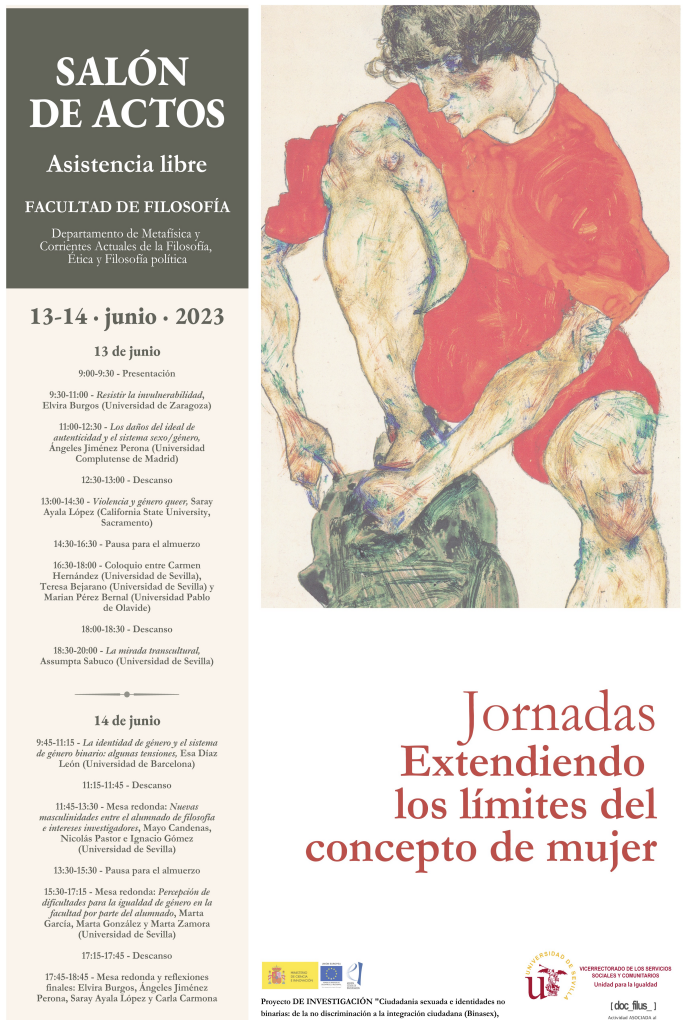

Our colleague Carla Carmona is organising these wonderful conferences at the Faculty of Philosophy of the University of Seville on 13 and 14 June. You are warmly invited!

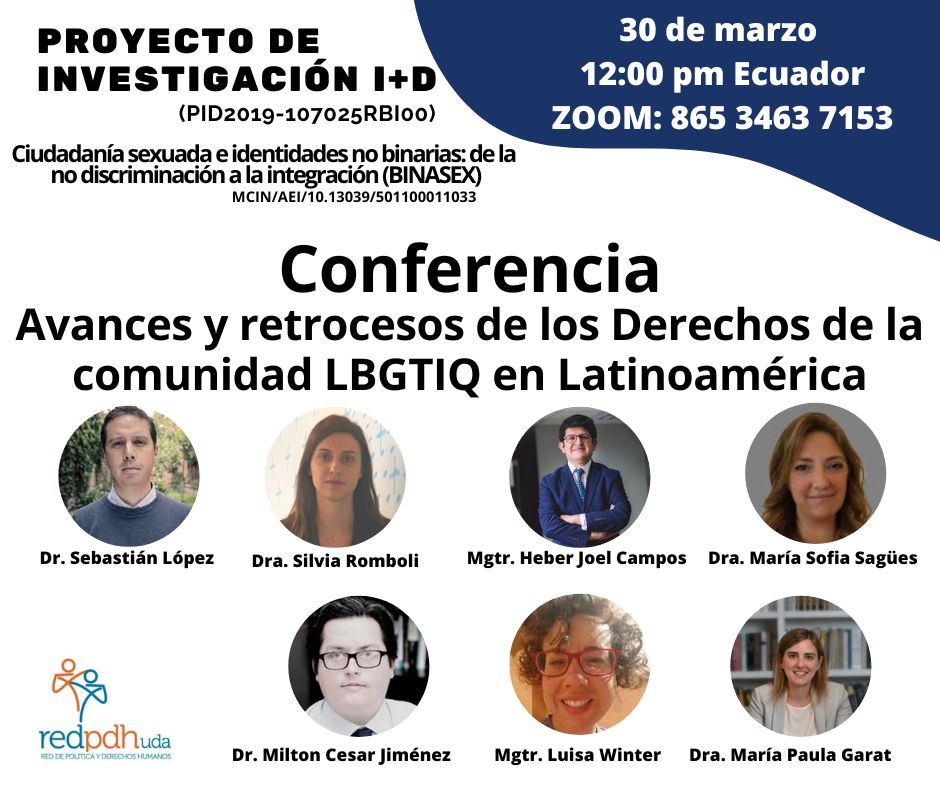
We are organising a roundtable on 30 March 2023 at 12h (Ecuador, 19h Spain) to learn about and debate the advances and setbacks in human rights for LBGTIQ people in Latin America with specialists in different areas. We hope to share with you this very interesting and necessary conversation. It will take place at the following Zoom link: 865 3463 7153.
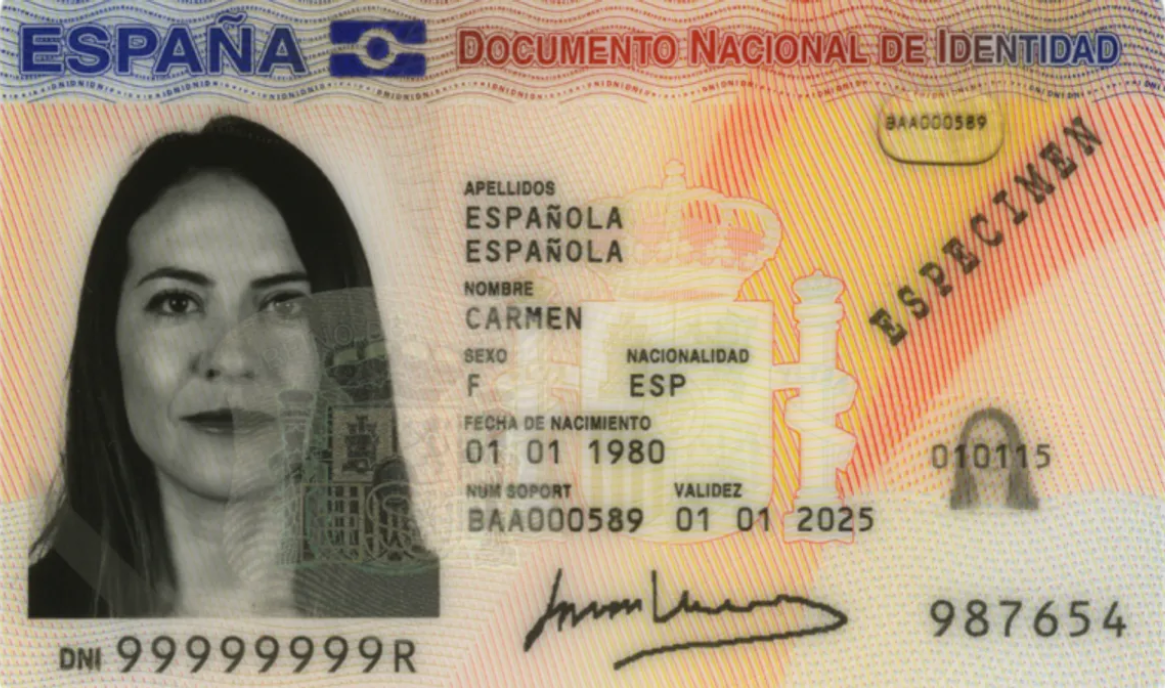
Patricia Pereda, through NIUS, reflects on why the sex appears on the Spanish National ID card if it no longer includes marital status or profession.
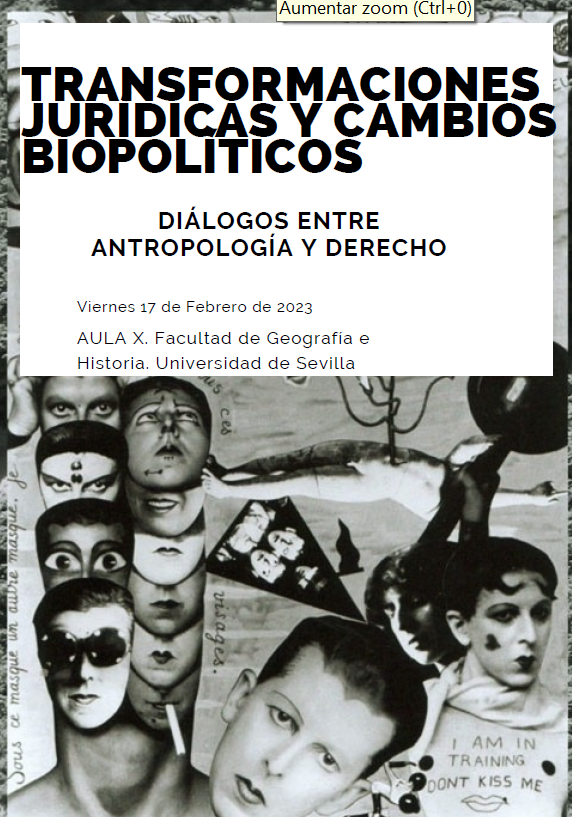
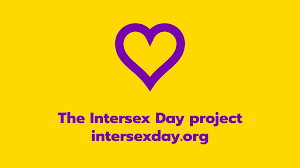
“Intersex is an anatomical, physical, body issue. The intersex person may have the chromosomes of a male, but the external genitalia are not fully formed, are ambiguous or distinctly female, and are often mistaken for a girl at birth. Intersex remains a great unknown.”

The Spanish Ministry of Equality presented on 14 July the “Study on the needs and demands of non-binary people in Spain”, coordinated by the General Directorate of Sexual Diversity and LGTBI Rights. The Principal Investigator of the BinaSex Project, Blanca Rodríguez Ruiz, has participated in some of the phases of the elaboration of the study, together with other academics.
The study consists of three blocks. The first, entitled “Conceptualisations and the emergence of non-binarism in the Spanish context”, gathers non-binary people’s own understandings of the concepts of gender non-binarism, non-binary person and non-binary experience; and provides an analysis of the conditions, agents and environments that are key to the emergence of non-binarism in the Spanish context.
The second section, entitled “Non-binary people in the Spanish context”, gathers key elements in the interaction of non-binary people with the context, identifying elements that, in a transversal manner, appear in the accounts of different areas of life. It also identifies the main needs and demands of non-binary people in different public and private spheres, such as health, administration and public spaces, work, family, sex-affective relationships, education and leisure and rest.
The final section includes the main conclusions, challenges and recommendations to meet the needs and demands of non-binary realities in the Spanish context.
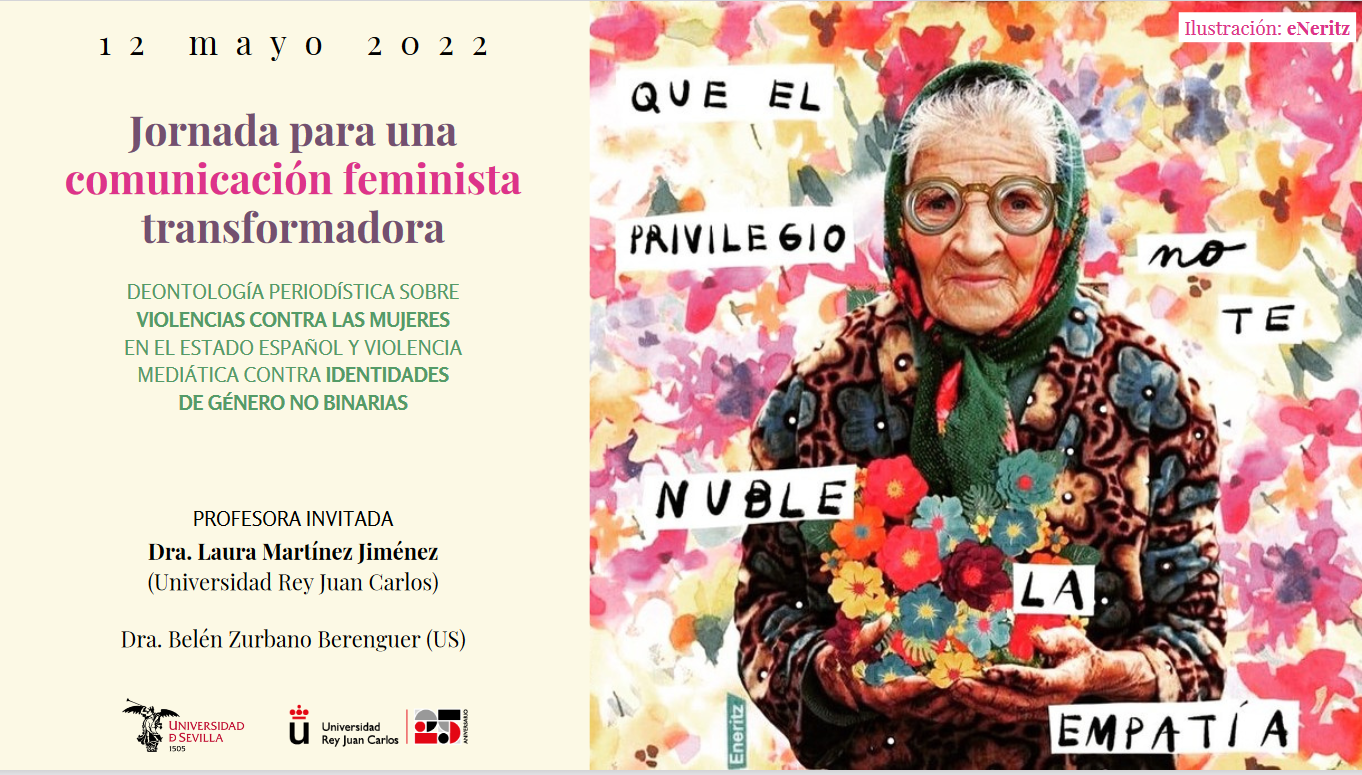

On Thursday, 12 May, we look forward to seeing you at 11.30 am in classroom B2 of the Faculty of Communication at the University of Seville so that we can discuss communication, media violence and ethics manuals together. We will count with the presence of lecturers Laura Martínez Jiménez (Universidad Rey Juan Carlos) and Belén Zurbano Berenguer (Universidad de Sevilla).
Here is the programme of the conference and the QR code for registration.